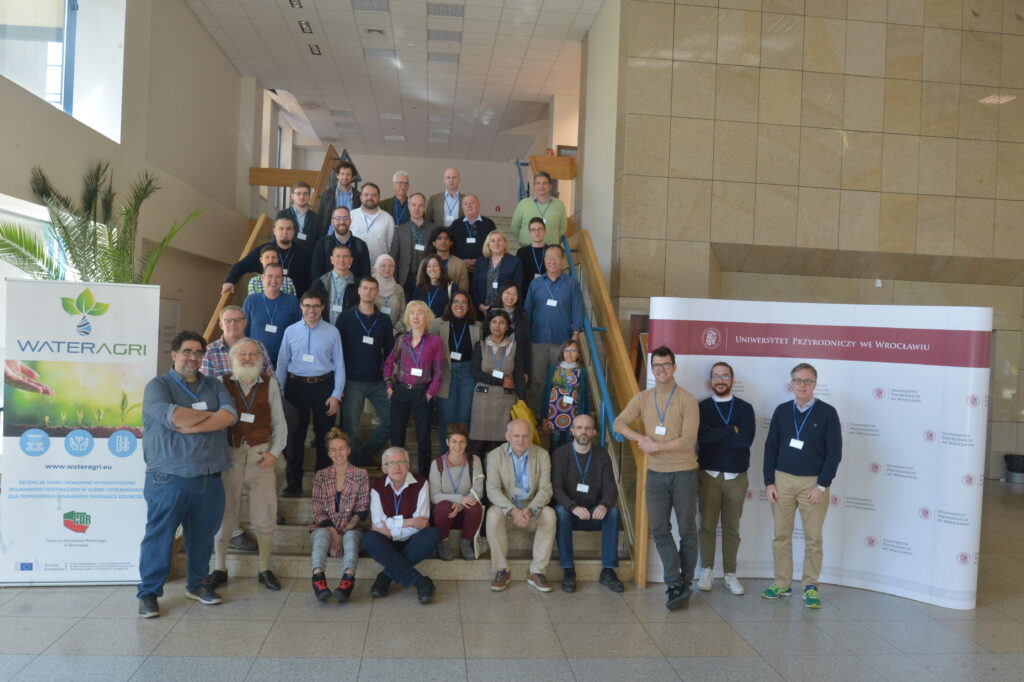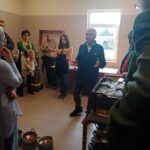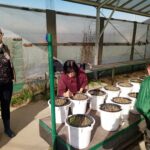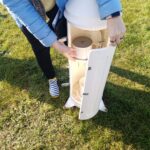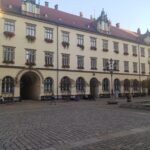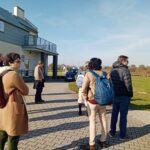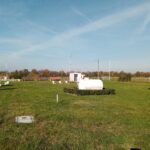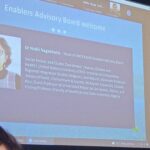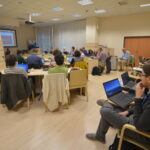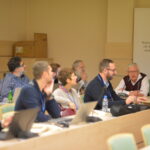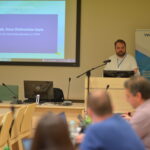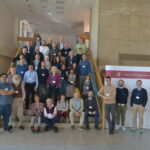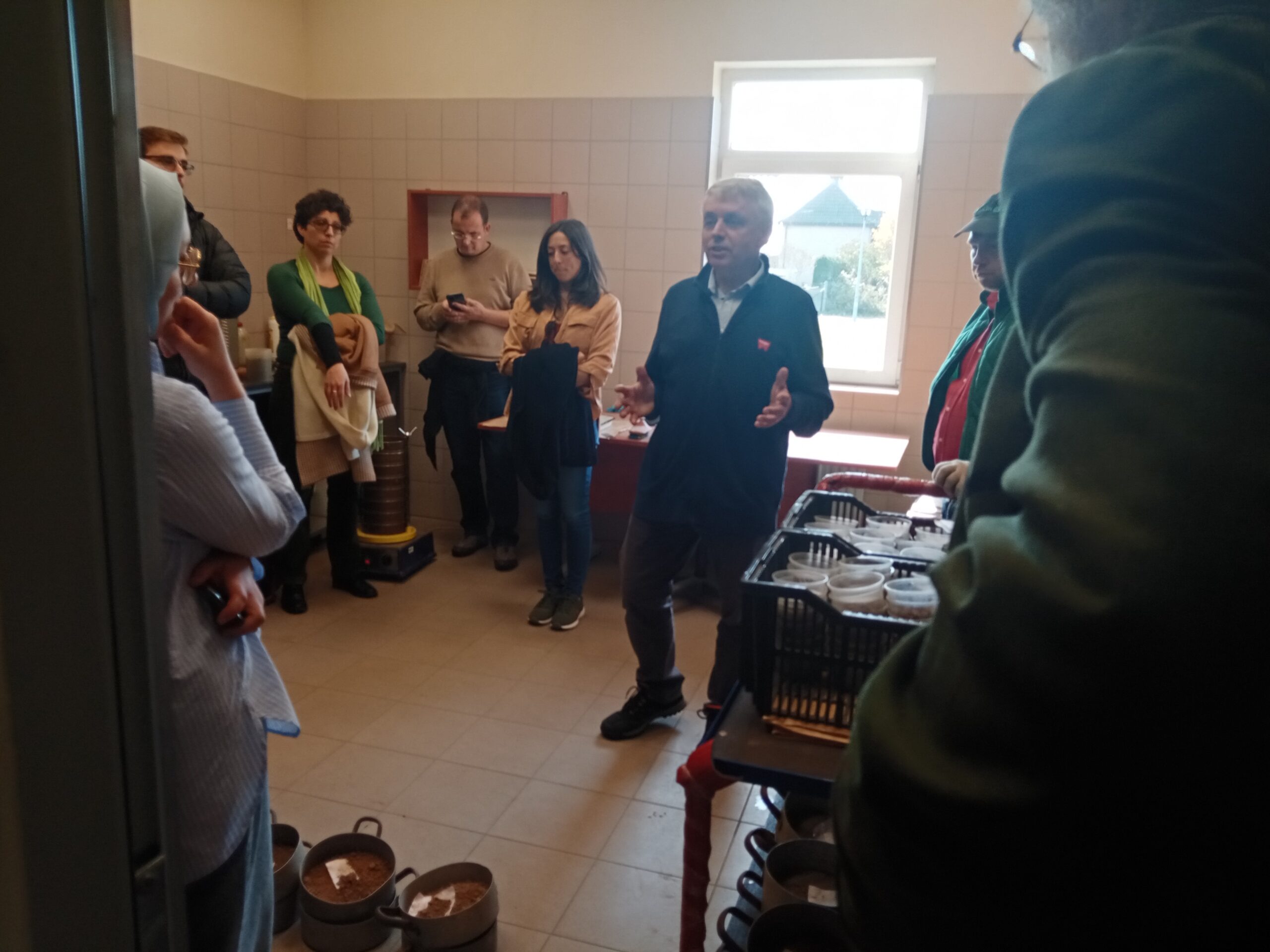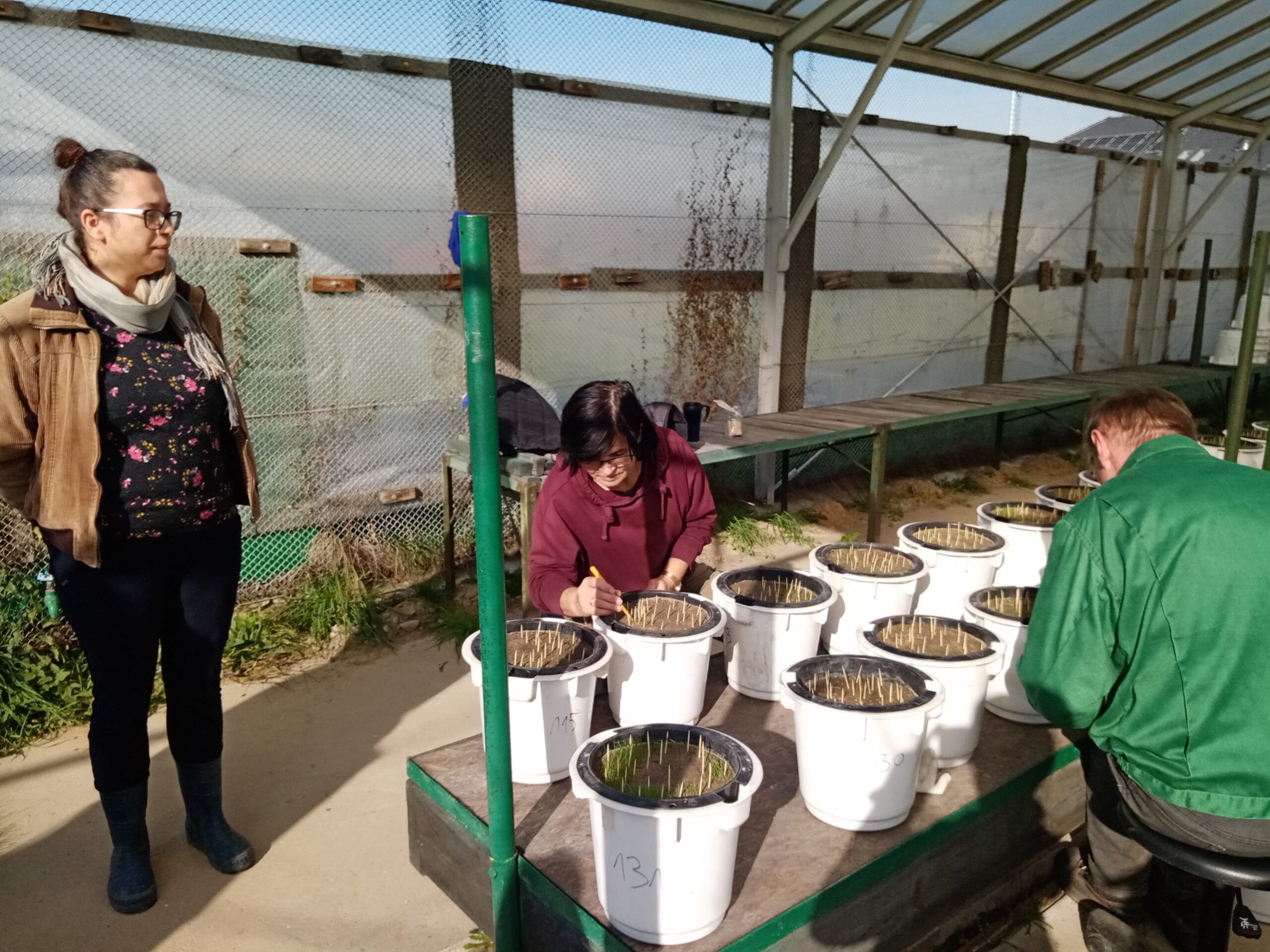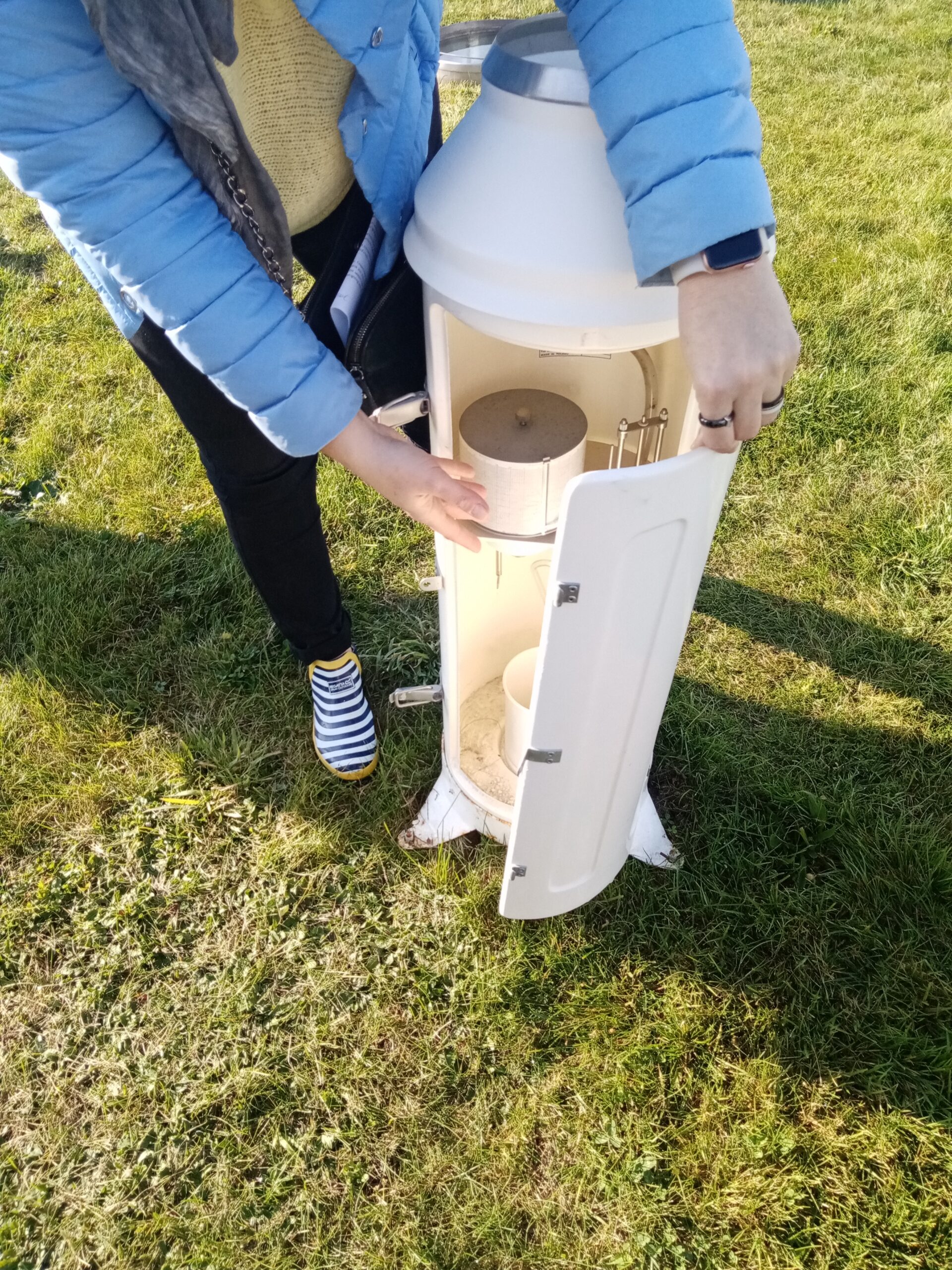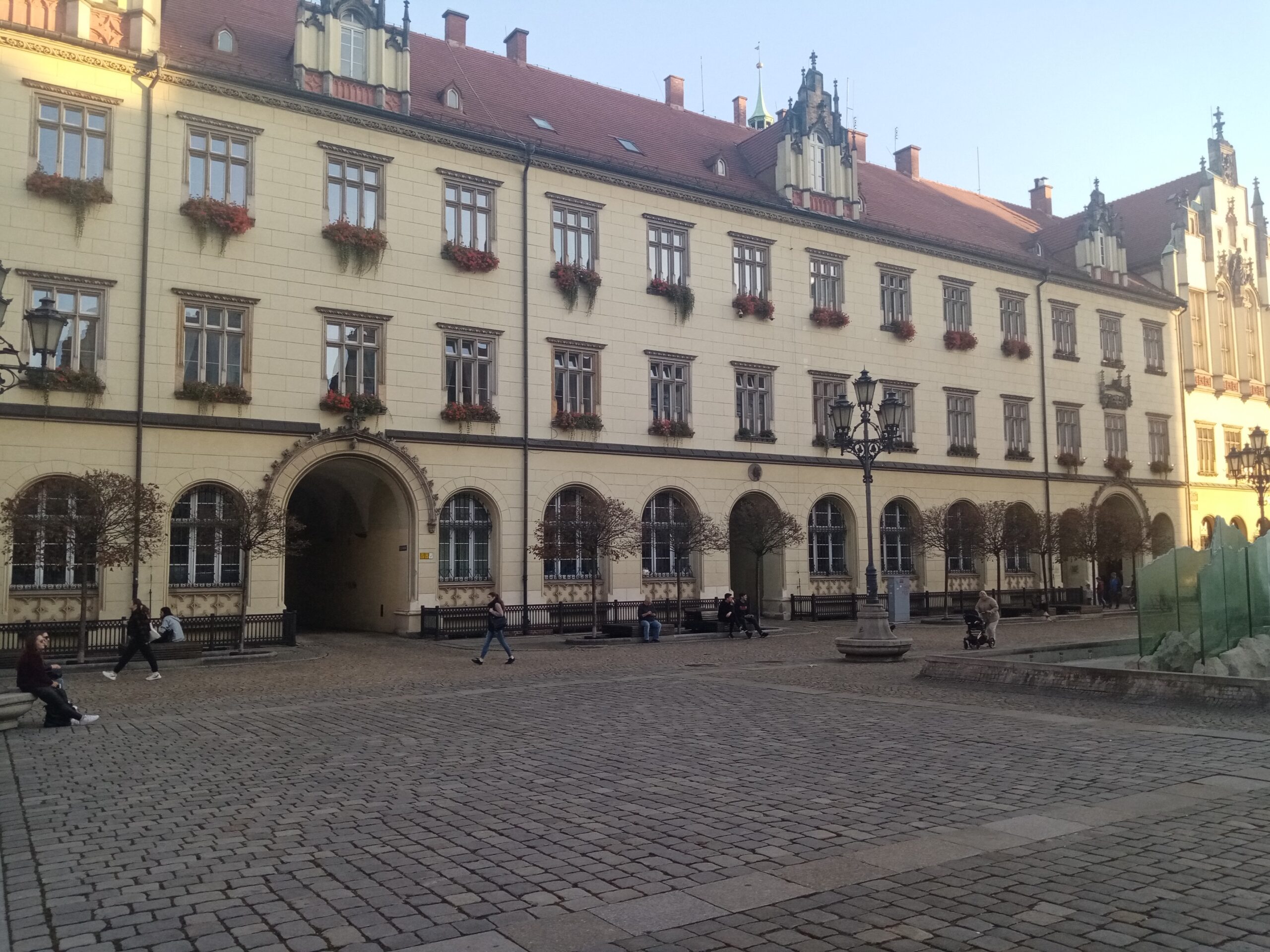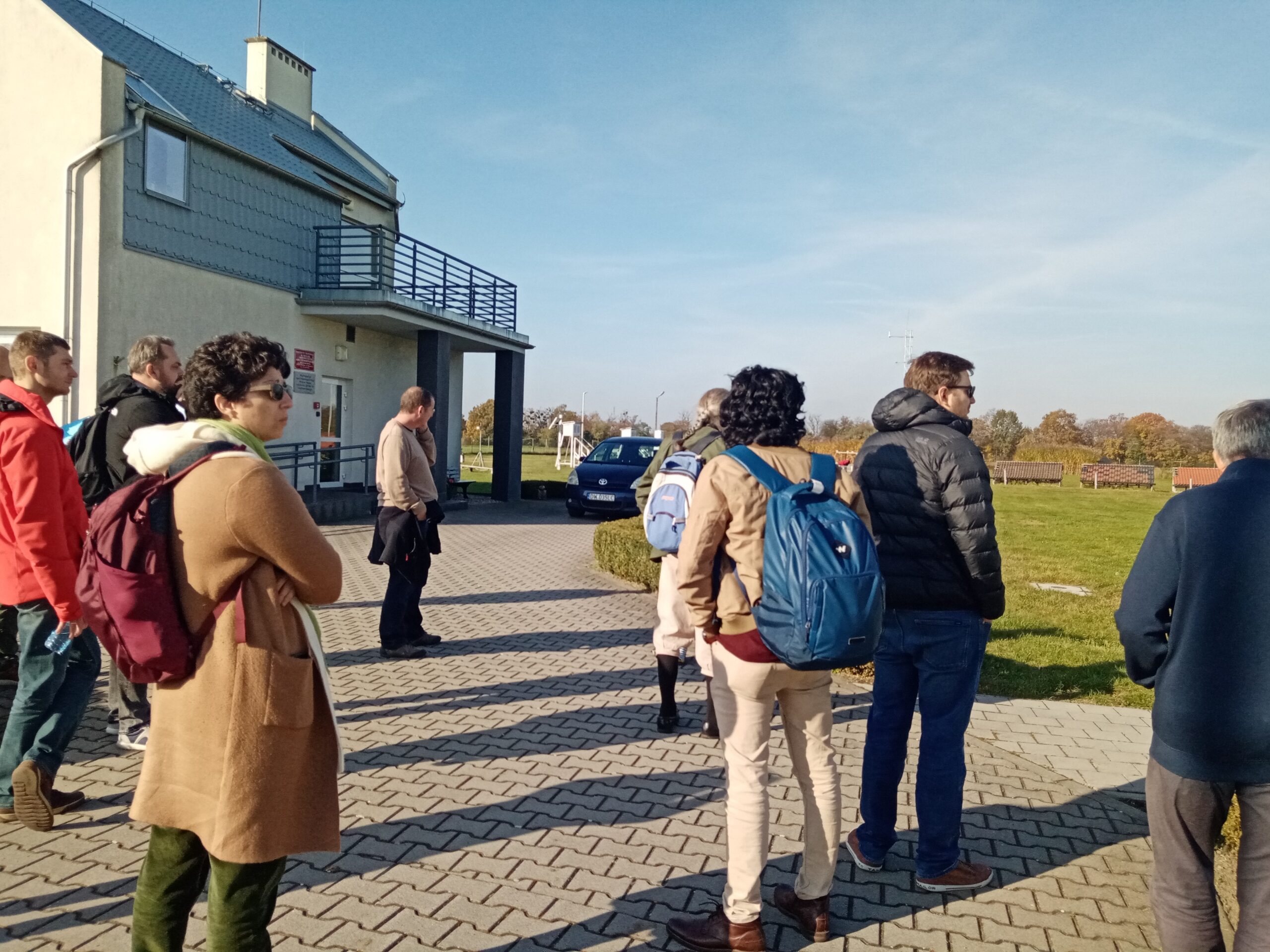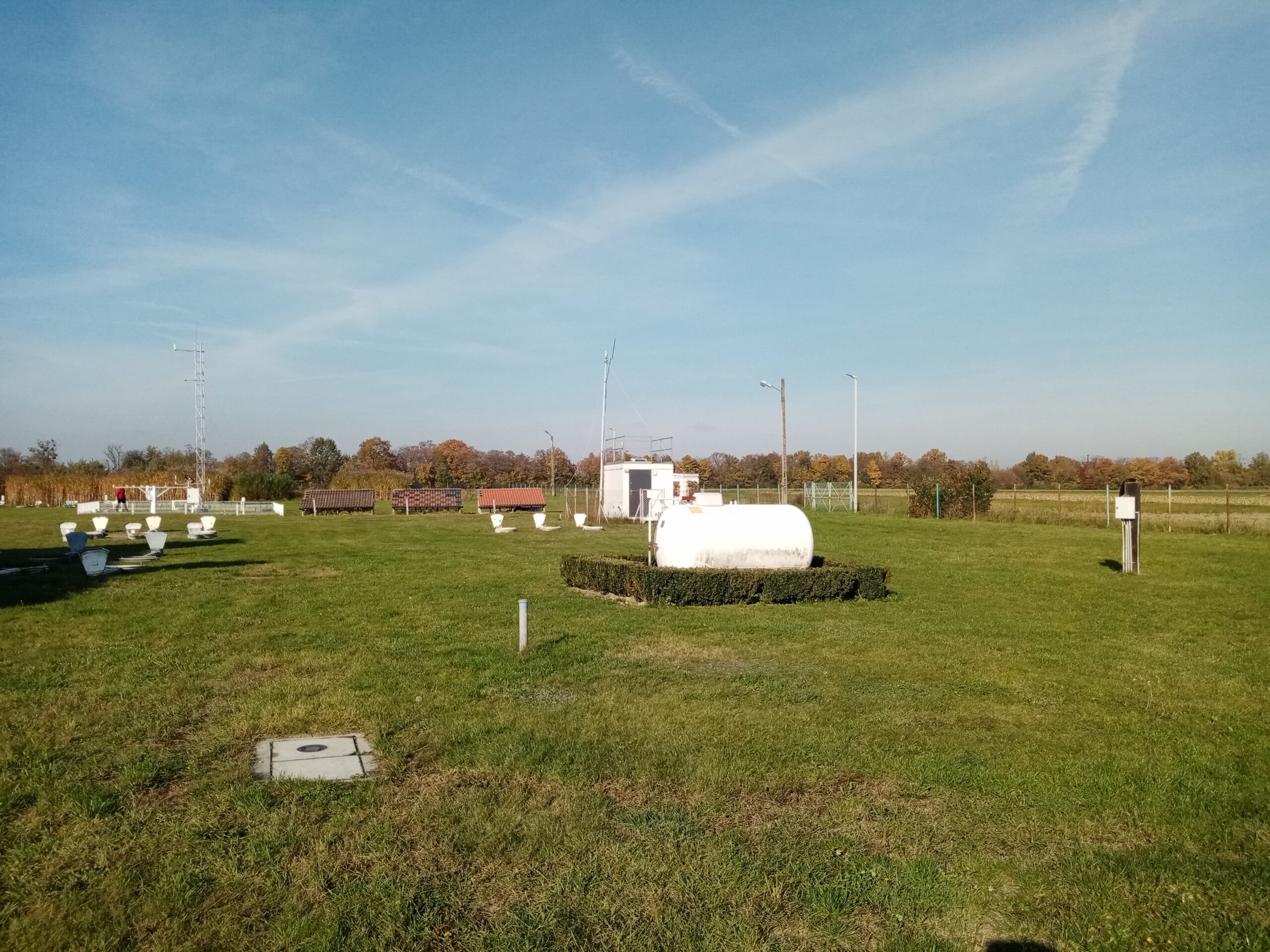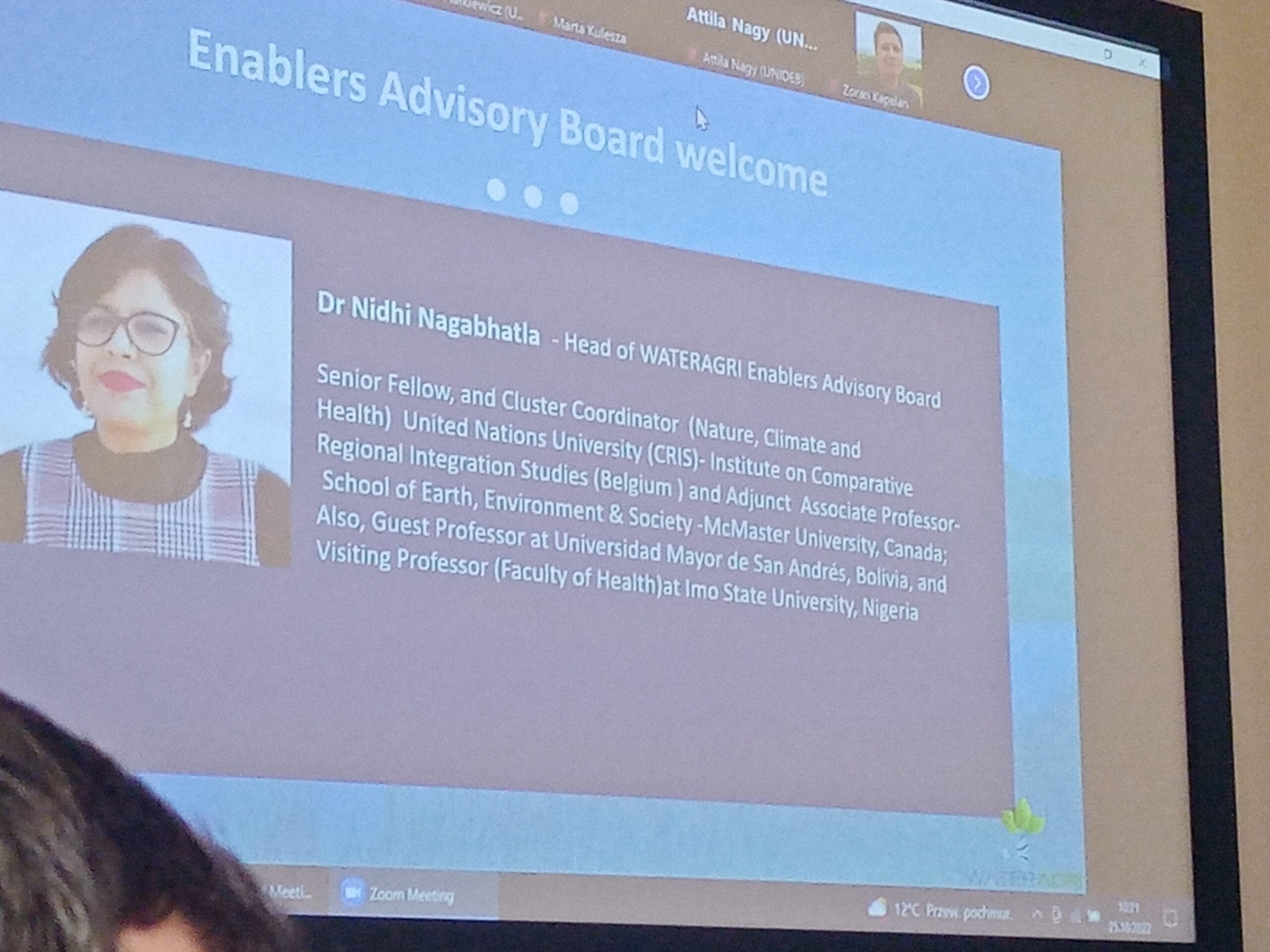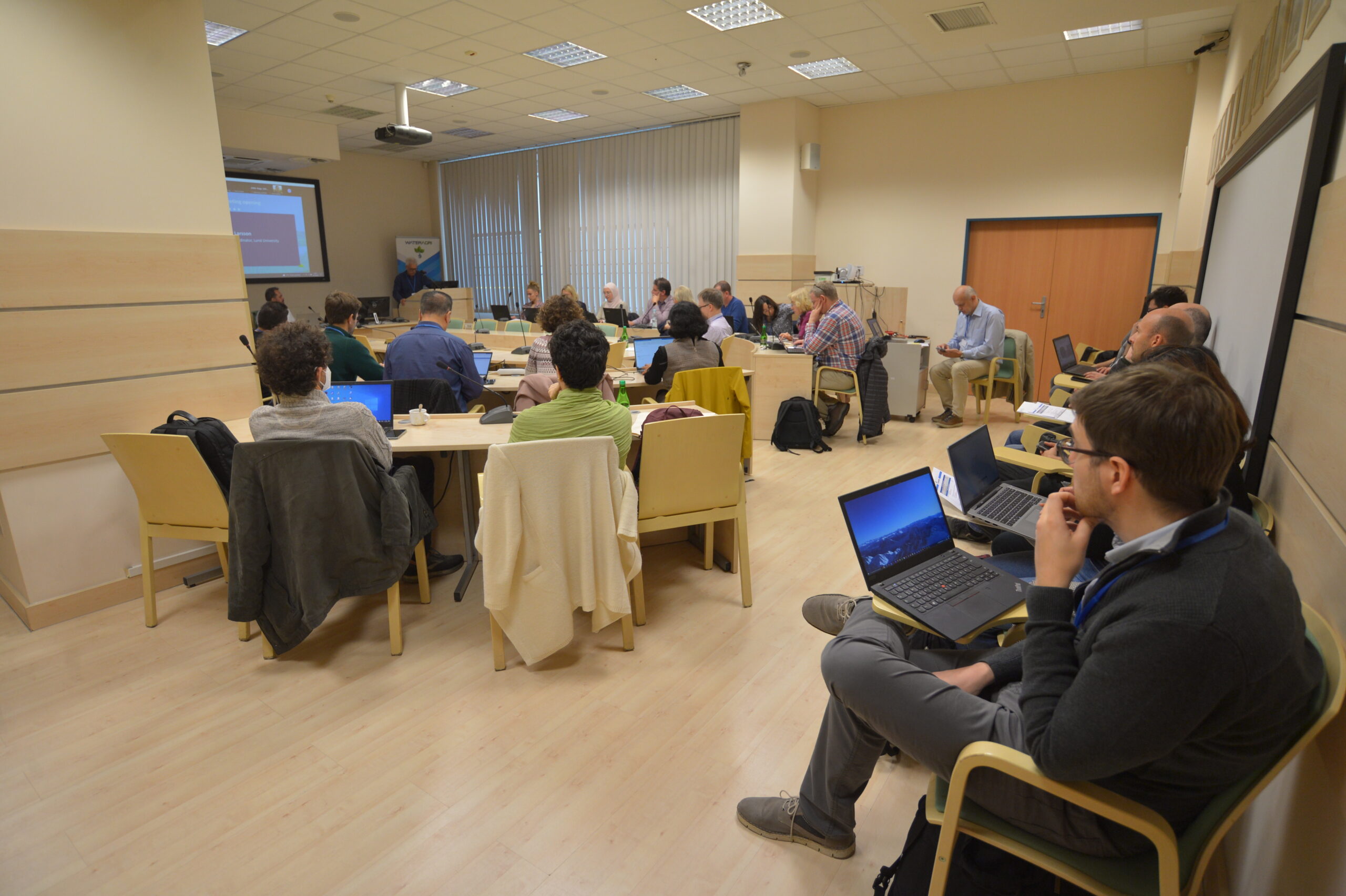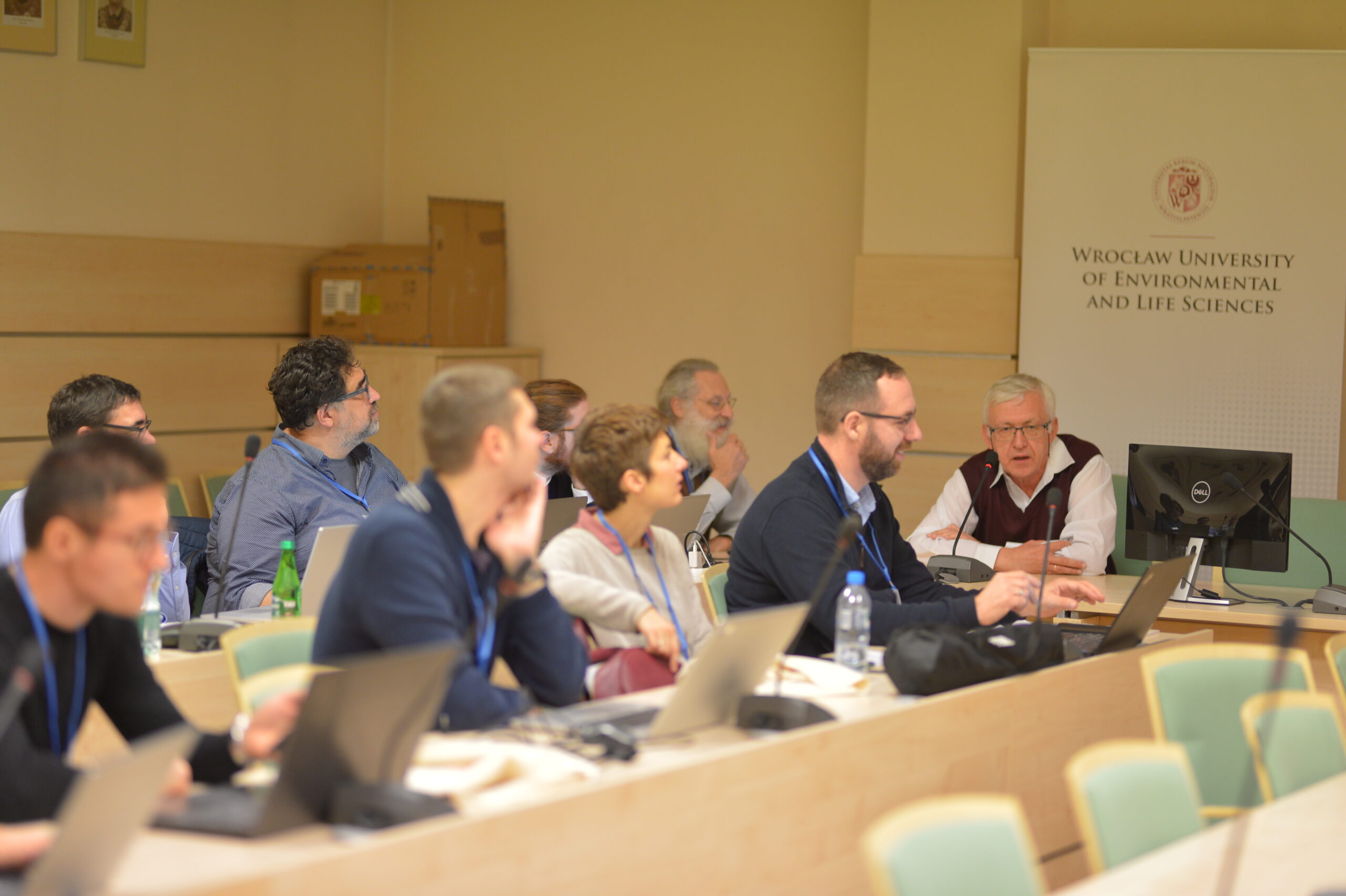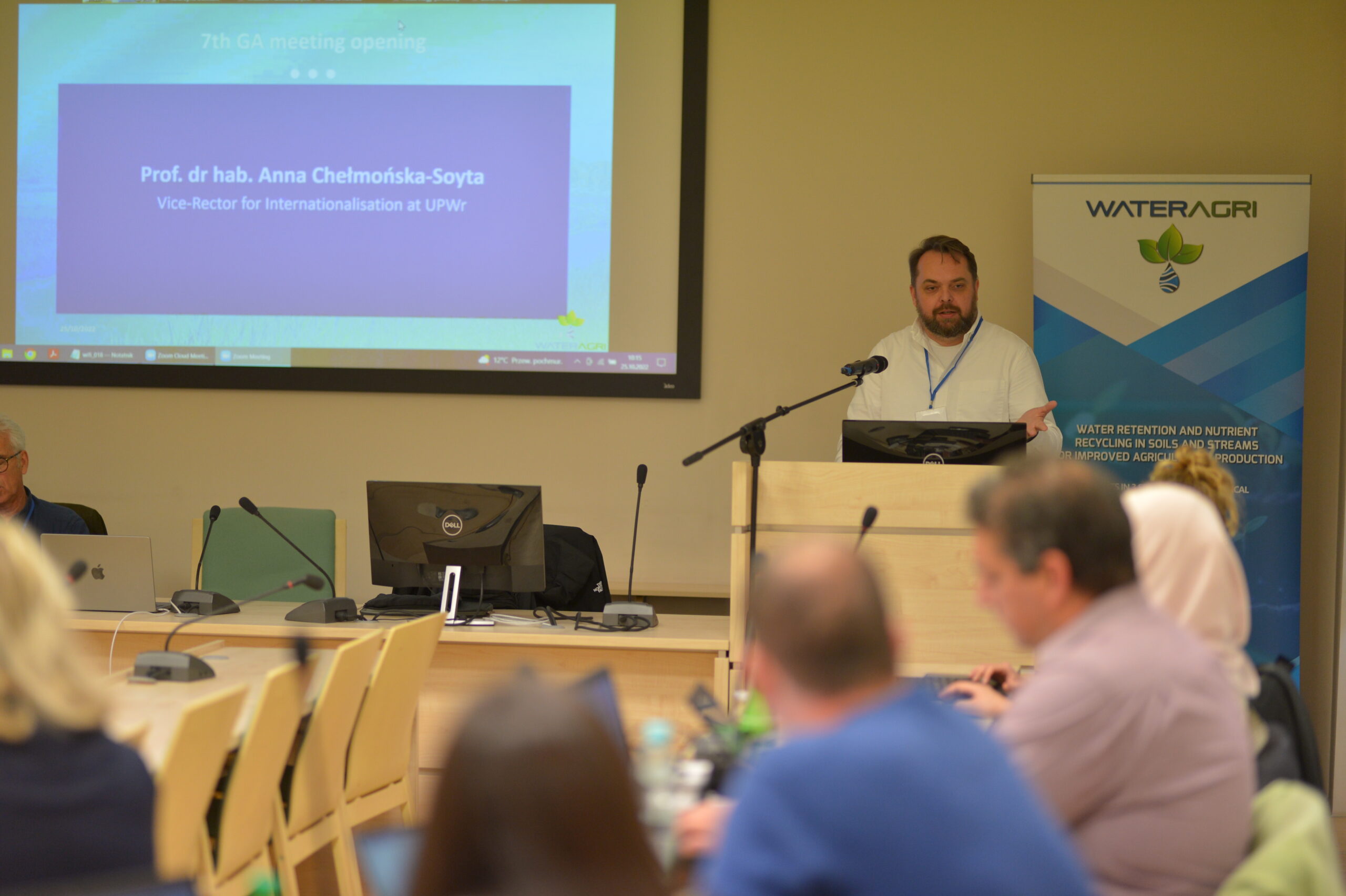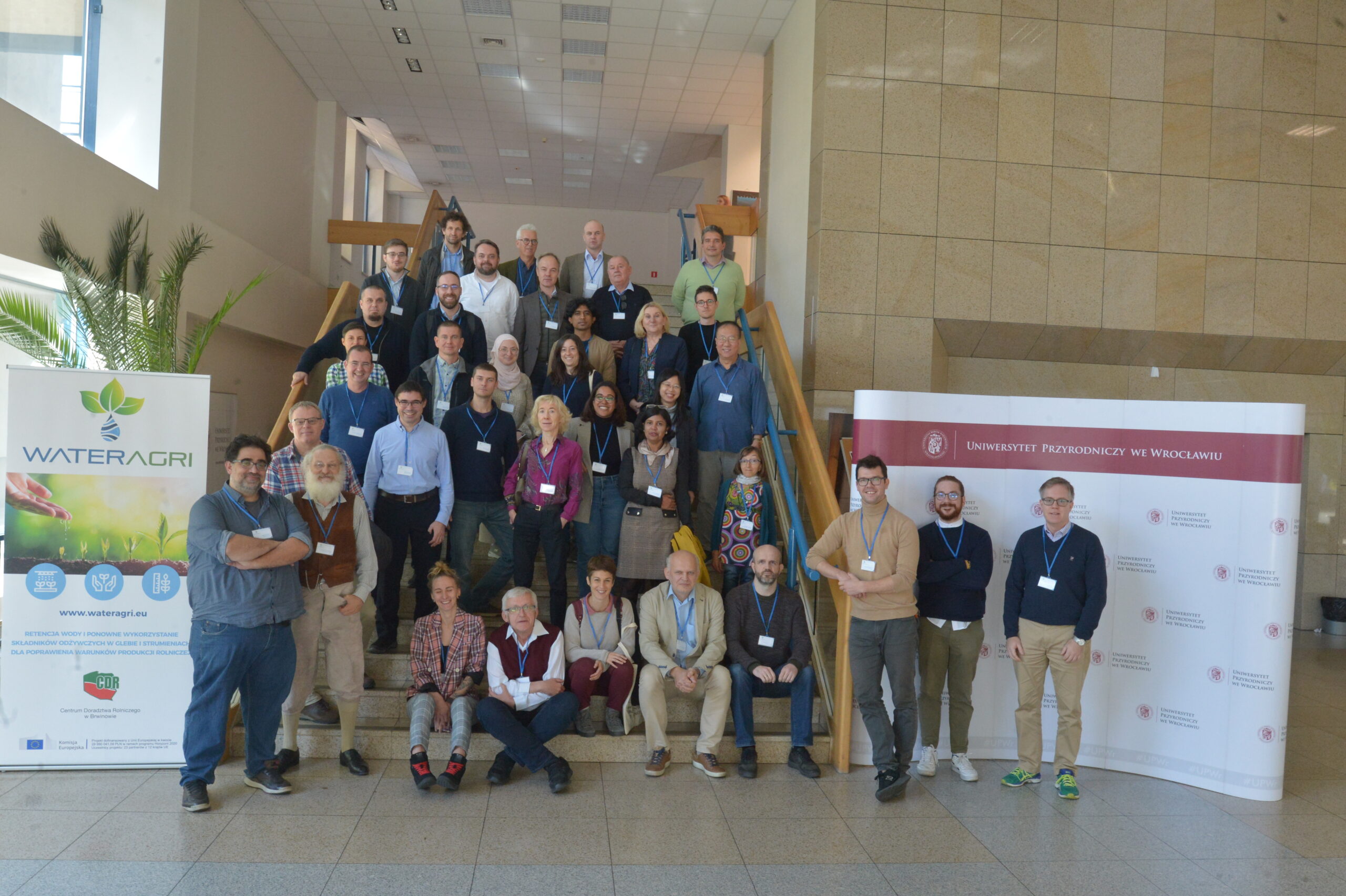WATERAGRI, as H2020 research & innovation project, evaluates specific water and nutrient retention needs with the farming community, develops a set of affordable and easy-to-implement technologies, tests them at the field level and deploys a sound business framework for their uptake at the farm and agricultural catchment level.
7th General Assembly of the WATERAGRI project has been hosted by Wroclaw University of Environmental and Life Sciences (UPWr) in Wroclaw, Poland from 25 to 27 October 2022. The meeting was dedicated to the discussion of the overall project status and lessons learned so far. It was aimed to gather all Consortium partners to identify future priorities and set goals for the last 18 months of the project.
At the first day of the GA, project coordinator, Prof. Dr. Rolf Larsson opened the meeting and welcomed all partners, while project manager, Sebastian Puculek gave a brief overview of the GA meeting organization which included a mix of plenary and parallel sessions as well as field trip to the UPWr Research and Training Station – Swojczyce. He emphasized that the next stage of the project will focus on dissemination and promotion of the project results. The opening session, also hosted enablers advisory board representative, Dr. Nidhi Nagabhatla from the United Nations University who gave a feedback on project solutions from the socio-economic perspective. She pointed out that project combines well the aspects of agriculture and the need to improve the status of European watercourses. She also recommended assessing project solutions from the point of view of climate changes and accounting of vast economic challenges that farmers are facing just now.
Afterward, plenary session about WATERAGRI Framework on how to assess which solutions and technologies will be suitable for different stakeholders was hosted by Dr. Philip Brunner from University of Neuchatel and complementary parallel session explained how this framework will be tested with real users. Plenary session held by Dr. Tamara Avellan from University of OULU gave an overview of Stakeholder Register outcomes. Tamara emphasized the importance of reaching out to stakeholders in person and collecting their consent.
On the second day at the plenary session, INOSENS discussed the importance of intellectual properties rights as well as exploitation possibilities of the project solutions. Complementary parallel session discussed Open Days organization which enables engaging early adopters on testing and co-creating WATERAGRI solutions at their farms. This activity is an opportunity to adjust WATERAGRI solutions for post project commercialization.
Third day was dedicated to the field trip UPWr Research and Training Station – Swojczyce where participants had an opportunity to see selected station facilities and experimental fields.
Project partners are now preparing for the next General Assembly meeting which will be held in Hungary, hosted by University of Debrecen in the spring next year.
